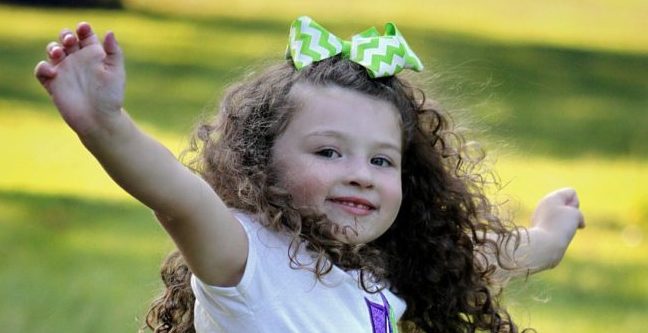
Praise is supposed to make us feel good, but the way praise is worded can actually increase the likelihood of behaving in ways that aren’t so good. This was evident in a study published in the journal Psychological Science that aimed to find out of certain types of praise encouraged children to cheat.
Ability Praise vs. Performance Praise
Researchers first distinguished between two types of praise: ability praise and performance praise.
- Ability praise focuses on a child’s overall abilities, with praise like “You’re so smart,” and “You are one clever child!”
- Performance praise focuses on a child’s performance of a specific task, such as “Good job,” and “Excellent block project!”
While anxious children, and even adults, may pay more attention to the feel-good effects than the wording of praise, even a subtle shift in wording can result in significant changes in behavior.
Ability praise establishes a reputation, which the individual then may feel obliged to uphold no matter what. The phrase, “You’re one clever child,” could mean the child is clever all the time, and not just at one point in time.
Performance praise, on the other hand, makes note of success in the current accomplishment without reference to any future task.
The hypothesis was that ability praise would be more likely to compel children to cheat if given the opportunity than performance praise. The hypothesis was right.
Study Details
The study involved 300 children from preschools in China, with an equal number of 3-year-olds and 5-year-olds. The children were asked to play a guessing game with a deck of cards, being told they’d win a prize if they guessed right at least three out of six times.
The children were divided into three groups:
- Those who received performance praise after guessing correctly
- Those who received ability praise after guessing correctly
- Those who received no praise after guessing correctly
A practice trial that was rigged so the children would guess correctly kicked off the experiment. The game then began in earnest, with each child given five tries. This part of the game was set up so each child would get two right and three wrong, leaving one more try they must get right to win a prize.
That’s when the experimenter exited the room, leaving each child alone with the deck of cards after promising not to peek at the top card. Hidden cameras in the room found about 60 percent of children who received ability praise peeked at the card, compared to the 40 percent of children who peeked from the other two groups.
Results were the same for both age groups, although boys had a slightly higher percentage of cheating than girls.
Children who received ability praise were indeed more likely to cheat when given the chance, with more than half of them taking a peek at the card. The 40 percent of cheats in the other categories aligns with the percentage of adults who are prone to cheat for small gain when given the opportunity.
Performance Praise Wins
The wording of praise can not only influence behavior, but it is evidently picked up by children as young as 3 years old. And performance praise wins. Instead of setting up a standard your anxious child may feel compelled to uphold, ability praise provides positive feedback for individual tasks. This gives you child a history of successes that work to build confidence, strong emotional health and overall well-being.
SOURCES:





